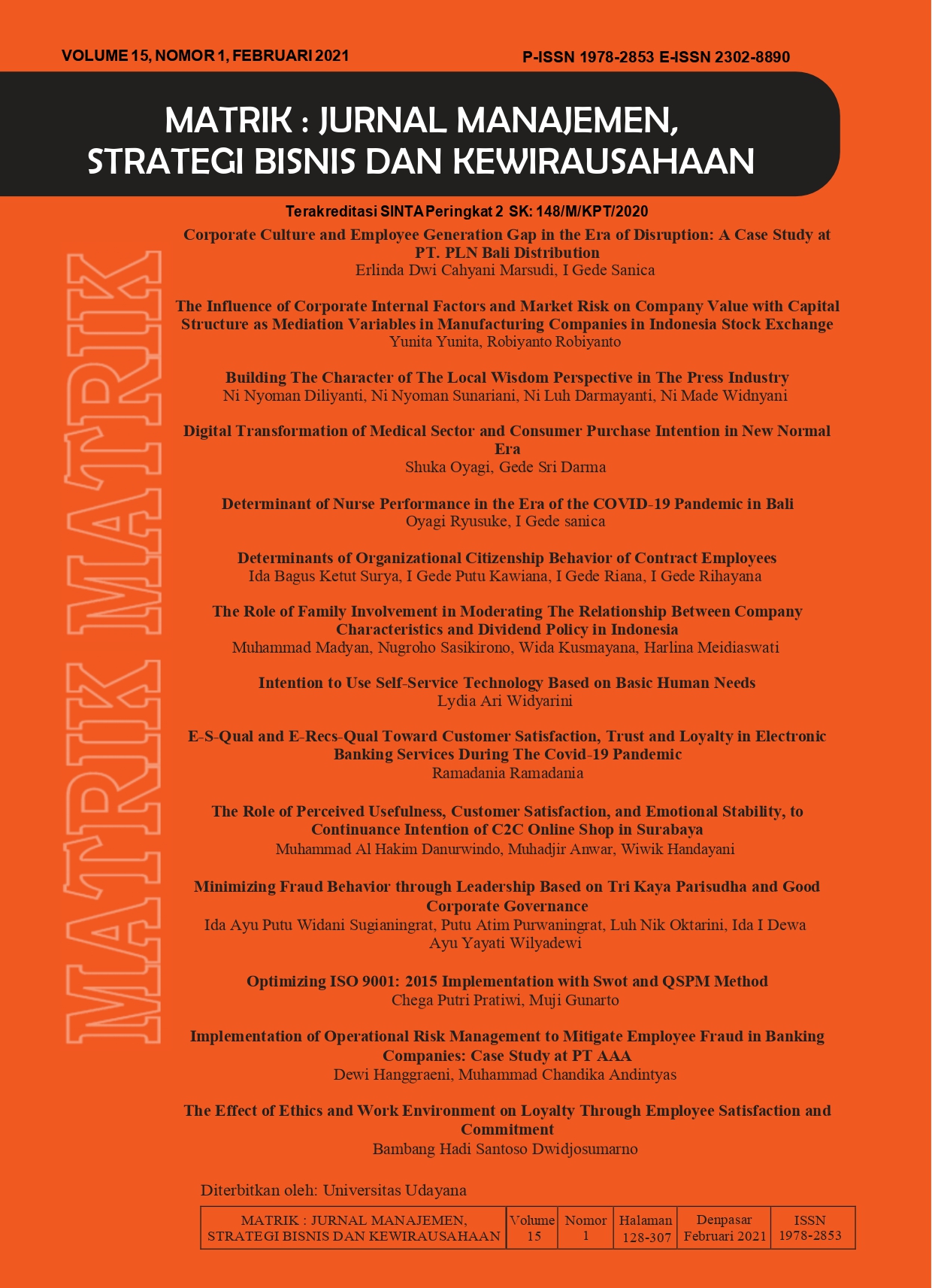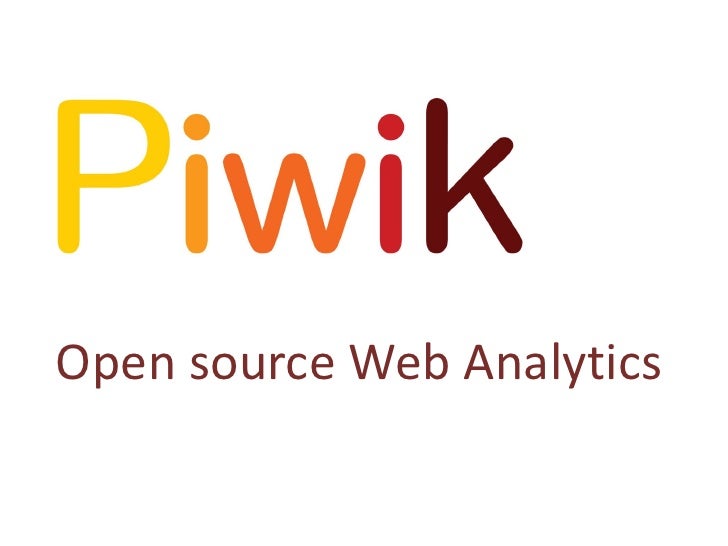The Role of Family Involvement in Moderating The Relationship Between Company Characteristics and Dividend Policy in Indonesia
Abstract
This study seeks out the relationship between the characteristics of companies and dividend policy, as well as the role of family involvement as a moderator of such relationships. This study utilized a purposive sampling method. We conducted the analysis by multiple linear regression and moderated regression analysis. The number of samples in this study is 192 observations in non-financial companies listed on the LQ45 index. The Result shows that profitability, size, and investment opportunities have a positive effect on dividend payout ratio. Meanwhile, financial leverage has a negative relationship with the dividend payout ratio. Family involvement weakens the positive influence of profitability on dividend policy but strengthens the positive effect of investment opportunities. Family involvement does not moderate the effect of size, and financial leverage on dividend policy.
Downloads
References
Alphonse, P., and Tran, Q.T. (2014). A Two-Step Approach to Investigate Dividend Policy: Evidence from Vietnamese Stock Market. International Journal of Economics and Finance. 6(3), 1916-9728.
Anderson, R.C., and Reeb, D.M. (2003). Founding-Family Ownership and Firm Performance: Evidence from the S&P 500. The Journal of Finance, LVIII(3), 1301-1328.
Attig, N., Boubakri, N., El Ghoul, S and Guedhami, O. (2015). The Global Financial Crisis, Family Control, and Dividend Policy. Financial Management. 45(2), 291-313.Bertrand, M., Schoar, A. (2006). The Role of Family in Family Firms. Journal of Economic Perspectives, 20(2), 73-96.
Briano-Turrent, G.D.C., Li, M., Peng, H. (2020). The Impact of Family-CEOs and Their Demographic Characteristics on Dividend Payouts: Evidence from Latin America. Research in International Business and Finance. 51, 1-28.
Brigham, E.F., dan Houston, J.F. (2014). Dasar-dasar Manajemen Keuangan. Jakarta : Salemba Empat
Claessens, S.,Djankov , S., Lang, L.H.P. (2000). The separation of ownership and control in East Asian Corporations. Journal of Financial Economics. 58(1–2), 81-112.
De Massis, A., Frattini, F., Lichtenthaler, U. (2013). Research on Technological Innovation in Family Firms: Present Debates and Future Directions. Family Business Review. 26(1), 10-31.
Deitiana, T. (2013). Pengaruh Current Ratio, Return on Equity dan Total Asset Turn Over Terhadap Devidend Payout Ratio dan Implikasi Pada Harga Saham Perusahaan LQ 45. Jurnal Bisnis dan Akuntansi. 15(1), 82-88.
Deni, F.F., Aisjah, S., Djazuli, A. (2016). Analisis Variabel-Variabel yang Mempengaruhi Kebijakan Dividen (Studi pada Perusahaan Manufaktur yang Terdaftar di Bursa Efek Indonesia). Jurnal Aplikasi Manajemen, 14(2), 359-365.
Din, S. U., & Javid, A. Y. (2012). Impact of Family Ownership Concentration on the Firm’s Performance (Evidence from Pakistani Capital Market). Journal of Asian Business Strategy, 2(3), 63-70.
Donnelly, R.G. (1964). The Family Business. Harvard Business Review, 42, 93-105.
Fama, E.F. & Jensen, M. (1983). Separation of Ownership and Control. The Journal of Law and Economics. 26, 301-325.
Gonzales, M., Guzman, A., Pombo, C., & Trujillo, M. (2014). Family Involvement and Dividend Policy in Closely Held Firms. Family Business Review, Vol.27 No: 4, pp. 365-385
Gudmundson, D., Hartman, E.A., Tower, C.B. (1999) Strategic Orientation: Differences between Family and Nonfamily Firms. Family Business Review. 12(1), 27-39.
Gugler, K., dan Yurtoglu, B. B. (2003). Corporate governance and dividend payout policy in Germany. European Economic Review, 47(4), 731 – 758.
Jensen, Michael C., dan Meckling, William H. (1976). Theory of the Firm: Managerial Behavior, Agency Costs and Ownership Structure. Journal of Financial Economics, October, 1976, V.3, No. 4, pp. 305-360.
Kania, S.L., dan Bacon, F.W. (2005). What Faktor Motivate The Corporate Dividen Decision. ASBBS E-Jurnal, 1(1), 97-107.
Kowalewski, O., Talavera, O., Stetsyuk, I. (2010). Influence of Family Involvement in Management and Ownership on Firm Performance: Evidence From Poland. Family Business Review, 23(1), 45-59.
Kouki, M., and Guizani, M. (2009). Ownership Structure and Dividend Policy Evidence from the Tunisian Stock Market. European Journal of Scientific Research. 25(1), 42-53.
La Porta, R., Lopez-de-Silanes, F., Shleifer, A., Vishny, R., (2000). Agency problems and dividend policies around the world. J. Financ. 55, 1–33.
Lang, L.H.P., Stulz, R.M., dan Walkling, R.A. (1989). Managerial performance, Tobin's Q, and the gains from successful tender offers. Journal of Financial Economics, 24(1, 137-154.
Lasher, W. R. (2003). Practical Financial Management. Australia: Penerbit South Western.
Lopolusi, I. (2013). Analisis faktor-faktor yang mempengaruhi kebijakan dividen sektor manufaktur yang terdaftar di PT Bursa Efek Indonesia periode 2007-2011. Jurnal Ilmiah Mahasiswa Universitas Surabaya, 2(1), 1-18.
Madyan, M., Mediaswati,H., Sasikirono, N. & Herlambang, M.H. (2019). Family Control, Institutional Ownership, Dan Kebijakan Dividen Perusahaan Manufaktur Yang Terdaftar Di Bursa Efek Indonesia. Jurnal Reviu Akuntansi dan Keuangan, 9(1), 87-95.
Miller, D., Le Breton-Miller, I., Scholnick, B. (2008). Stewardship vs. Stagnation: An Empirical Comparison of Small Family and Non-Family Businesses. Journal of Management Studies. 45(1), 51-78.
Murhadi, W.R. (2010). Study on Dividend Policy: Antecedent and Its Impact On Share Price, Disertasi, Universitas Brawijaya.
Oreland, C. (2007). Family Control in Swedish Public Companies: Implications for Firm Performance, Dividends and CEO Cash Compensation. Doctoral thesis. Upsala University.
Pindado, J., Requejo, I., de la Torre, C. (2012). Do Family Firms Use Dividend Policy as a Governance Mechanism? Evidence from the Euro zone. Corporate Governance International Review, 20(5), 413-431.
Sarah, A.F. (2015). Analisis faktor-faktor yang mempengaruhi keputusan pembayaran dividen dan tingkat dividen [Skripsi]. Jakarta : Universitas Islam Negeri Sarif Hidayatullah
Schmid, T., Ampenberger, M., Kaserer, C., Achleitner, A.-K., (2010). Controlling shareholders and payout policy: do founding families have a special taste for dividends? CEFS Working Paper No. 2010-1.
Sciascia, S., & Mazzola, P. (2008). Family involvement in ownership and management: Exploring nonlinear effects on performance. Family Business Review, 21, 331-345.
Sener, P., & Selcuk, A.E. (2018). Family involvement, corporate governance and dividends in Turkey. Jurnal Managerial Finance, 45(5), 602-621.
Setia-Atmaja, L.Y. (2009). Governance Mechanisms and Firm Value: The Impact of Ownership Concentration and Dividends. Corporate Governance An International Review. 17(6), 694-709.
Setiawan, D. and Phua, K.L. (2013), Corporate Governance And Dividend Policy In Indonesia. Business Strategy Series, 14(5/6), 135-143.
Sudana, I. M. (2015 ). Manajemen Keuangan Perusahaan: Teori & praktik. Edisi 2. Jakarta: Erlangga.
Smith, C.W., Watts, R.L. (1992). The investment opportunity set and corporate financing, dividend, and compensation policies. Journal of Financial Economics, 32(3), 263-292.
Weston, J. F., & Copeland, T. E. (2010). Manajemen Keuangan. Edisi 9. Jakarta: Binarupa Aksara.
Wu, M., Ni, Y., & Huang, P. (2019). Dividend payouts and family-controlled firms—The effect of cultureon business. The Quarterly Review of Economics and Finance, pp. 1-8
Yoshikawa, T., Rasheed, A.A. (2010). Family control and ownership monitoring in family-controlled firms in Japan. J. Manag. Stud. 47, 274–295.
Yudiana, I.G.Y., Yadnyana, I.K. (2016). Pengaruh Kepemilikan Manajerial, Leverage, Investment Opportunity Set Dan Profitabilitas Pada Kebijakan Dividen Perusahaan Manufaktur. E-Journal Akuntansi Universitas Udayana, 15(1), 111-141
Zattoni, A., Gnan, L. Huse, M. (2015). Does Family Involvement Influence Firm Performance? Exploring the Mediating Effects of Board Processes and Tasks. Journal of Management, 41(4), 1214–1243.
 This work is licensed under a Creative Commons Attribution-ShareAlike 4.0 International License.
This work is licensed under a Creative Commons Attribution-ShareAlike 4.0 International License.

















